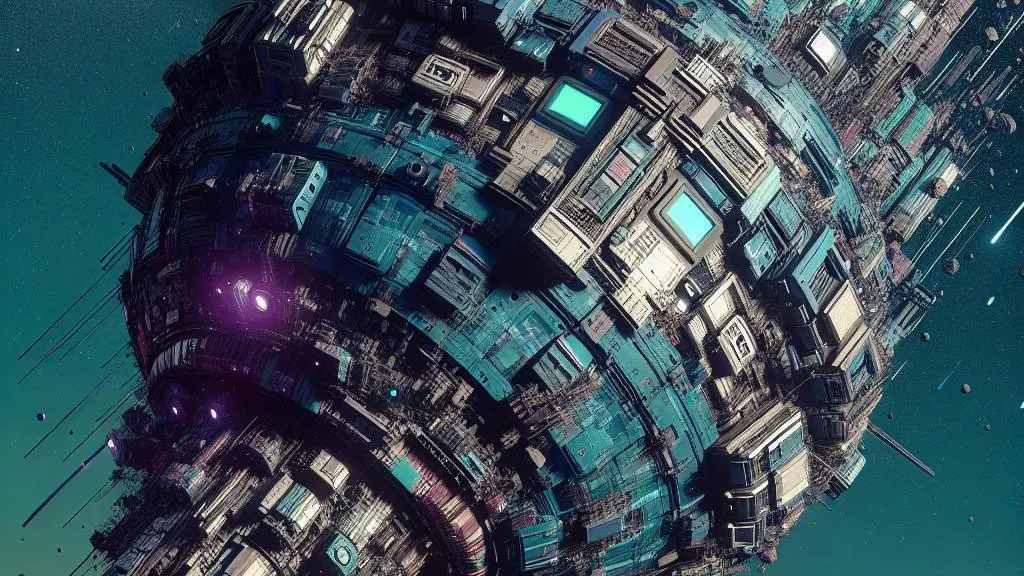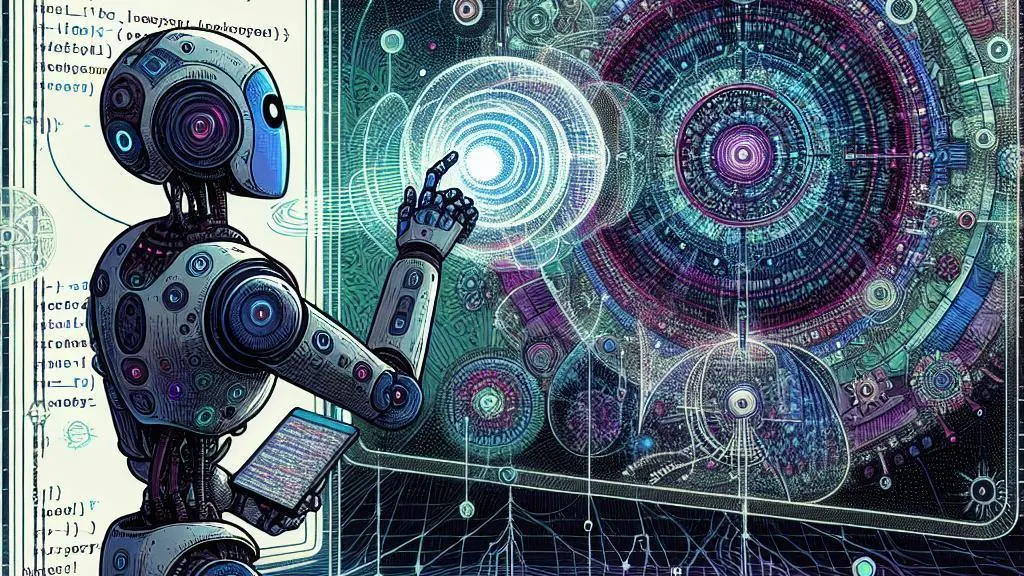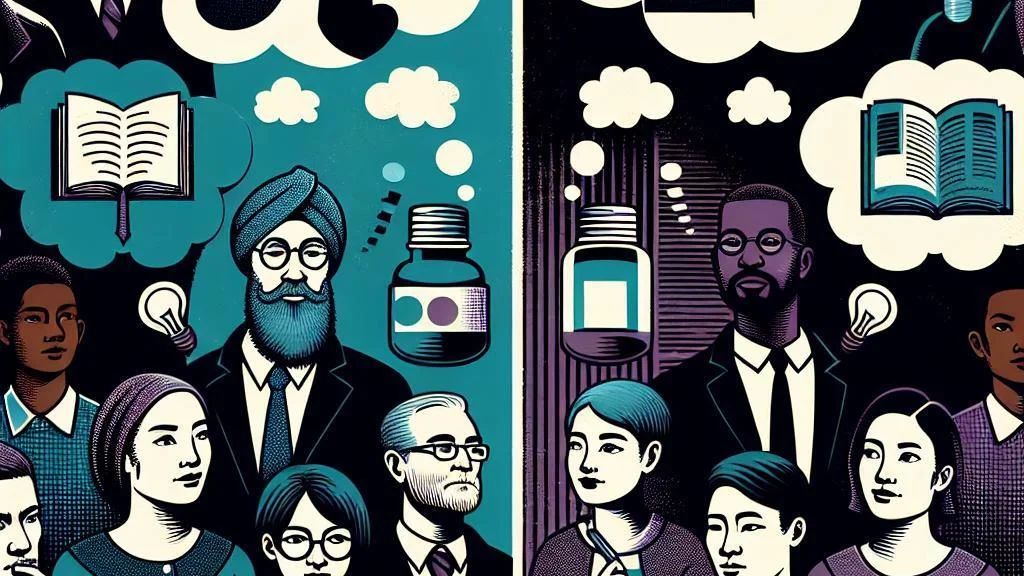Revolutionise Software Development with Image-to-Code AI Builders
Image-to-code AI builders are revolutionising the way we think about software development. These cutting-edge …

As an entrepreneur excited by emerging technologies, I often think about AI's impacts on industries in the coming years.
Having witnessed firsthand the rapid evolution of tools like GPT-3, AI is primed to revolutionize how we work and create over the next decade.
In this piece, I'll share my perspectives on AI's transformative potential in five key areas: productivity, data analytics, deep fakes, entertainment, and the endurance of human creativity.

By 2030, I expect most knowledge workers will collaborate with AI, managing squads of highly specialized bots to improve productivity vastly. What I call "micro-agent architecture" involves modular AI agents trained on specific tasks - like writing video titles - that follow commands from a manager bot overseer.
This coordinated web of hyperfocused AI bots enables humans to produce more content faster by automating repetitive work. I foresee directing these AI teammates, giving creative direction and ensuring quality control rather than manually completing tasks.
With these assemblies of micro-agents accessible through consumer apps, productivity for augmented workers could skyrocket.
As AI grows more advanced at processing massive datasets, I expect it will transform data analysis roles over the next ten years. Programmatic analysis of large volumes of information will likely become fully automated. Data scientists and statisticians will need to evolve - specializing in high-level interpretation of findings, developing analytics strategies, and guiding business decisions rather than crunching the numbers themselves.
While displacing some traditional skills, AI offers opportunities for young professionals entering these fields to leapfrog their predecessors by integrating cutting-edge analytical tools.
The recent fraud involving deep fake impersonations during a business transaction highlights the urgent threats these AI creations pose to cybersecurity and societal trust. As creating convincing fake videos and voices grows easier, I worry deep fake scams targeting individuals will increase.
And in an era where scepticism of institutions runs high already, the reputational damage and erosion of integrity caused by unfettered deep fakes could be catastrophic. Families implementing personal security code words offer one near-term solution. But tackling this challenge requires more robust safeguards and authentication systems across sectors, plus improved public awareness around disinformation.
If left unchecked, advanced deep fakes may undermine personal, organizational, and institutional trust in the 2030s.
The rapid advancement of AI systems that can generate images, videos, music, and text on demand leads me to believe the entertainment world will see disruption by 2030. Once technologies for graphics, dialogue, soundtrack, editing, and production direction can be neatly packaged together into user-friendly apps, high-quality short films tailored to any topic or genre will become instantly available to everyday creators.
As these tools grow ever more powerful, expanding from minutes-long shorts to features and episodic series, I expect seismic changes for major Hollywood studios reliant on massive budgets and star talent. Democratized content production could reshape storytelling itself as AI lowers barriers to the imagination.

While anticipating AI's impending entertainment industry shake-up, I remain confident that the uniqueness of human creativity will endure. As advanced AI generates increasingly slick and dazzling digital content, cultural priority may shift from wow-factor visual spectacle towards storytelling centred on emotional authenticity and humanity's rich complexities.
By complementing AI tools with our innate gifts for insight, humour, vulnerability and interpersonal connection, creative professionals can focus on the nuances machines cannot match. As tech progresses, we must continually examine and champion the merits of media and art reflective of intimate human experiences.
Our shared stories, voices and visions - affirming our diverse, vivid realities - should guide AI's ongoing co-creation.
AI's influence in the next decade will prove singularly disruptive, from revolutionizing individual productivity to introducing complex security dilemmas to transforming entire creative industries. Keeping human values like emotional wisdom and trust as guiding lights in this period of upheaval remains imperative.
With ethical foundations and human-centric creativity underpinning technological progress, I see AI's dawn ushering in an era of tremendous possibility by 2030. I look ahead eagerly, ready to direct these emerging tools toward enlightening ends, increase understanding between all people, and expand our collective potential.
Some other posts you may like

Revolutionise Software Development with Image-to-Code AI Builders
Image-to-code AI builders are revolutionising the way we think about software development. These cutting-edge …
February 09, 2024
Read More
Why Your Creative Superpowers Are Just a Click Away!
If …
February 09, 2024
Read More